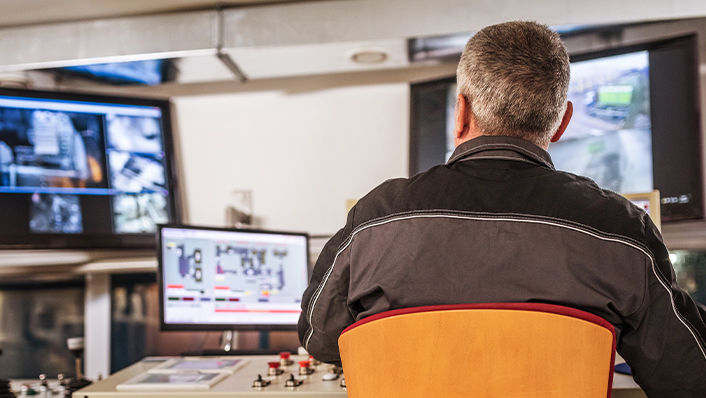Technical Support for Fluid Catalytic Cracking
Q&A with Michael Federspiel, Senior Director of Grace’s FCC Global Customer Technology (GCT) team

What qualities and expertise do Grace’s engineers bring to technical service?
Since the invention of the FCC process, Grace has played a role in providing technical expertise to the industry—it is a part of who we are. More than 75% of our technical service representatives have direct refining experience operating FCC units.
Most of our engineers have significant experience in addition to refining, such as economics and planning, contract engineering, process design, technology licensing, and process simulation (modeling)—all focused around the FCC process.
How do Grace’s engineers support customers?
We routinely engage with our customers to review recent performance, catalyst analysis, unit objectives, constraints, as well as future plans, and provide recommendations around these topics to improve our customers’ operations. We’ll share both catalyst and unit performance benchmarking data to provide insights into the refining industry, and of course introduce any new Grace technologies that may be applicable.
With experience far beyond catalyst knowledge, we are often engaged in troubleshooting our customers’ operations, providing advice for changing markets or delivering advanced services that leverage that experience.
More than 75% of our technical service representatives have direct refining experience operating FCC units
How are data and technology deployed in customer service and support?
For years, Grace has analyzed our customers’ operating data, incorporating our laboratory data from their catalyst samples and benchmarking unit performance using statistical analysis methods.
As the refinery world increasingly embraces digitalization, we’re increasing our use of process simulation modeling, integrating data transfer (in both directions), and even going so far as tying into real-time optimizers. We’ve recently upgraded our e-catalysts.com data portal for our customers, giving them improved access to data as it becomes available.
We analyze roughly 7,000 individual catalyst samples from our customers per year, generating more than 50,000 unique data points. We’ve been doing this since the FCC catalyst was invented and have data going back to when computers were the size of rooms. We’re adding real-time machine learning to our in-house tools to take advantage of this massive data mine.
What makes Grace’s customer and technical support services unique and industry leading?
Our commitment to value delivery. It’s not enough to just be really smart and sell products with great features. We have to be really insightful and provide products that ultimately deliver value to our customers. From our sales and service teams, to our marketing and R&D organizations, through to my team, we are all driven by that singular goal.